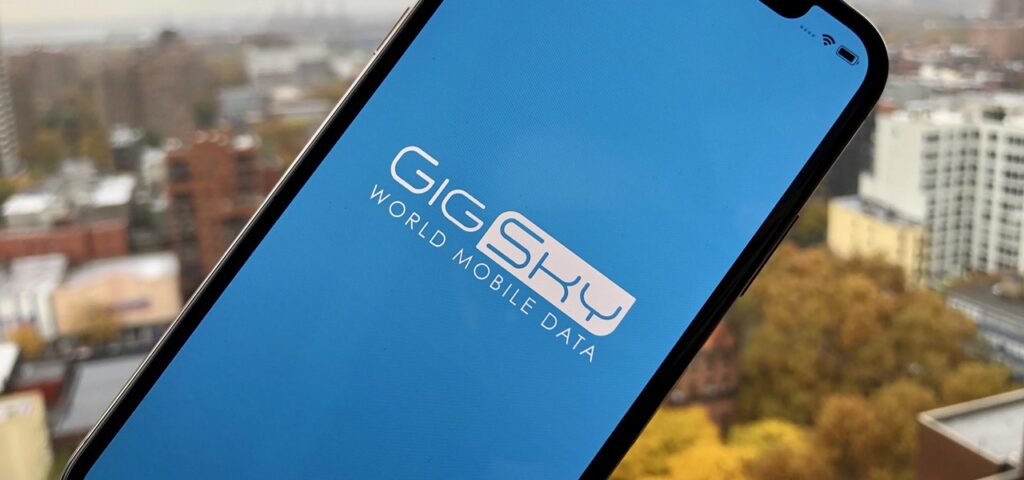Consider a hypothetical situation where a person goes on an overseas trip after saving for months, only to later receive an astronomical phone bill upon returning home. This person could be you if you aren’t well aware of international roaming and haven’t opted for a suitable call and mobile data plan ahead of time.

What is international roaming?
When a person makes international calls or connects to the internet from abroad, their home network starts ‘roaming.’ In simpler words, it’s the state when the device is connected to a foreign network.
Due to infrastructural costs, regulations, and agreements between carriers, international roaming tends to incur higher costs.
How to avoid being billed beyond budget?
1. Get an eSIM:
Search for eSIM providers that can provide you with a virtual international phone number and data plans of the country you’re visiting. While eSIM plans would still cost money, the charges would be far less than what you would have to pay if you were using international roaming without an appropriate mobile plan. It should be noted that not all devices support eSIM. Conversely, if a device supports eSIM technology, the user may still have to request the manufacturer to enable it for their device manually.
2. Use WiFi whenever possible:
Install a WiFi-based messaging app to make calls or send text messages without a SIM or eSIM data plan. But use a VPN when using public WiFi for vigilance. If you’re sure about WiFi connectivity abroad, you may even choose a lower-cost prepaid SIM or eSIM data plan for additional savings. Nonetheless, WiFi should not be viewed as a substitute for a SIM or eSIM, as public WiFi may have security risks and may not always be available.
3. Explore prepaid plans:
Explore international data plans from your current service provider if getting an eSIM wouldn’t be feasible. Prefer a prepaid plan over a postpaid one to have full control over your budget. One consideration with prepaid international data plans is that they may have limited high-speed data allotments. Be sure to understand the plan details and estimate your projected data needs to avoid additional charges or sluggish internet speeds while traveling abroad. Always refer to the regular data usage information available on your device to make good estimations.
Additional Preventive Measure:
Temporarily switch off your primary SIM card. International travelers, typically those who get an alternate international number before visiting a country, prefer switching off their primary SIM card completely until they return home. Since the primary number is set to remain temporarily dormant, it saves them from being charged if they accidentally dial a number or turn on mobile data using their home carrier. A phone number can be temporarily deactivated by contacting the TSP, given that the TSP provides this facility.
In closing:
The internet is filled with anecdotes highlighting how users are charged thousands of dollars as phone bills after returning from abroad. These users are typically those who don’t opt for an international SIM plan. To avoid being in their shoes, consider thoroughly following the advice listed here, such as switching to an eSIM or buying a prepaid plan.